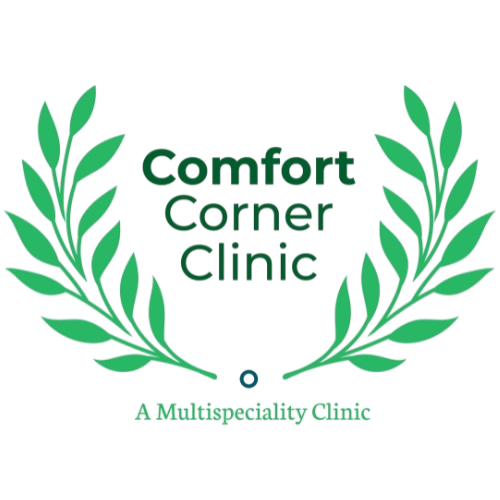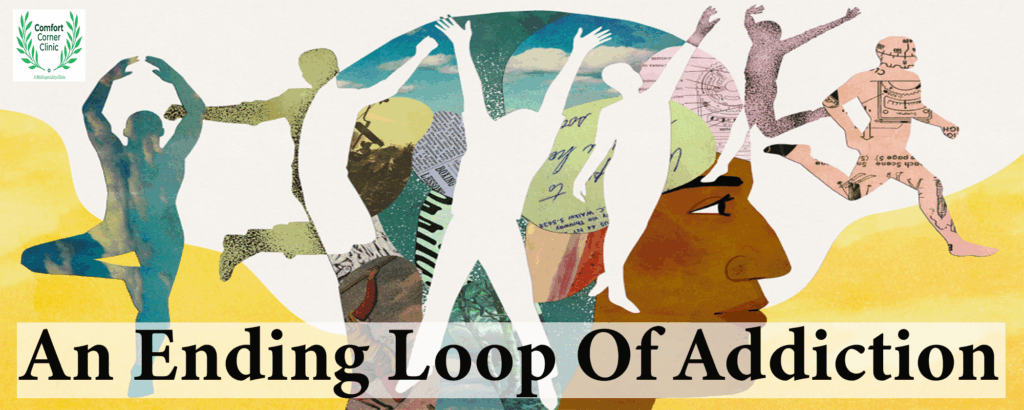Picture this- a movie scene where the “cool” character lights a cigarette or raises a glass of alcohol, and everyone around seems impressed, eventually highlighting smoke and drinks into symbols of confidence and charm. But in real life, the first puff burns the throat, the first sip tastes bitter, and the body screams no. Still, people push past the discomfort, not because they enjoy it, but because fitting in feels more important than listening to their own instinct.
That’s how many addictions quietly begin, not with pleasure, but sometimes with pressure. People then eventually have to opt for structured treatments such as ‘alcohol withdrawal treatment’ (to name) if the dependency leads to severe crisis or breakdown in relationships or other pertinent domains, such as work or even self-care.
In other words what starts as a way to “blend in” can soon spiral and open a new chapter. A drink after work to relax becomes two, then four. Promises of “I’ll stop tomorrow” turn into mornings filled with regret. Families notice the distance growing, arguments spark out of nowhere, and the person drinking feels caught in a loop they can’t quite escape.
This is also a place where addiction is often misunderstood:
MYTH- “JUST ONE LAST TIME BEFORE I QUIT”. In reality, even with the purest intentions at heart, one last time is rarely the last. That “last time” usually drags you deeper.
The truth is, alcohol addiction doesn’t just affect the person drinking, it ripples through relationships, families, and even careers. At Comfort Corner Clinic, our treatment program not only helps individuals safely manage the addiction, but also works with the underlying struggles, like the ones mentioned above.
What is Addiction?
In simple terms, addiction is an inability to stop taking or doing something out of habit, regardless of the harmful consequences it may cause. It is often seen as reduced controllability and risky use, which over time can lead to problems in various fields, most importantly, in social domain for the individual.
When people hear the word addiction, the first thought that often comes to mind is alcohol or drugs. But addiction can form around almost anything such as shopping, gaming, social media, or even caffeine. What matters isn’t the object itself, but the way it takes hold of someone’s daily life. If stopping feels nearly impossible, even when harm is obvious, that’s when it slips into the territory of addiction.
In mental health, certain substances are discussed more often because of the strong effect they have on the brain and body. We usually focus on a few of them like alcohol, cannabis, opioids, and even caffeine. Yes, caffeine. While it doesn’t always get as much attention, too much caffeine can worsen symptoms like anxiety, restlessness, or trouble sleeping.
A couple of important terms come up when we talk about addiction:
- Tolerance: Over time, the body gets used to a substance, and the same amount no longer works the way it once did. For example, a person who felt awake after one cup of coffee might later need three just to get through the morning.
- Withdrawal: When the body doesn’t get what it has grown used to (for example- caffeine), it pushes back. This can show up as headaches, irritability, or poor sleep if someone skips their usual caffeine, and with stronger substances, withdrawal can bring much more intense discomfort.
And when such symptoms show up, this is when people often frantically search and seek out well-planned and structured support such as ‘alcohol withdrawal treatment’ to manage difficult symptoms safely.
Unlocking the Loop: Why Addiction Feels Hard to Break
The Never-Ending Loop
Addiction is like being stuck in a loop that feeds itself. The substance or behavior that feels comforting at first actually starts creating physical symptoms of its own. Take caffeine, for example: a cup of coffee might give you energy in the morning, but drink it regularly and your body may start reacting with headaches or fatigue when you skip it. To get rid of that headache, you drink more coffee and since the coffee caused the headache in the first place, you end up trapped in a cycle.
The Illusion of Pleasure
We often believe that the substance is giving us pleasure, but that’s not really what’s happening. What actually feels “good” is the short-term relief from the discomfort the substance itself created. Think of it this way: when a smoker lights up, the calmness they feel isn’t real happiness, it’s just the irritability and restlessness from nicotine withdrawal being temporarily eased. The same goes for caffeine: that sudden boost after your cup of coffee is less about fresh energy and more about ending the grogginess your body created because it was expecting caffeine. In other words, it’s not pleasure at all, it’s just temporary relief. And with every cycle of temporary relief, the dependence deepens, keeping the person locked in the habit.
Breaking the Cycle: What Treatment Involves
The good news is that this cycle doesn’t have to last forever. Treatment for addiction is designed to break the loop and bring about a change. It often includes a mix of approaches, like therapy to understand triggers and build coping skills, medical support to manage withdrawal symptoms safely, and lifestyle changes that strengthen overall well-being.
For individuals struggling with alcohol use, a structured alcohol withdrawal treatment can connect them with the right professionals to begin recovery on safe ground. The same goes for addiction specially pertaining to smoking, gaming, social media and so on.
This is because ‘breaking the cycle’ is not impossible. Here at Comfort Corner Clinic, our alcohol withdrawal treatment program takes an approach that is far beyond and more meaningful than the contemporary ‘willpower theory.’ Willpower theory of addiction sees substance use as a failure of self-control. But way ahead of this, we view addiction not as weak willpower but as a condition that is influenced by neurobiology, psychology, and environment, where cravings, habit loops, and reward system changes drive behavior further giving direction to a choice.
We, at our facility, believe that this ‘choice’ can be changed and we are here to help you make a better choice.
If you or someone you know is ready to step out of the cycle, seeking support through our well-equipped team can be the first step toward long-term healing. Because here at Comfort Corner Clinic, we are here to help you make better choices, one safe and supported step at a time.
But before concluding, let’s uncover another myth…
MYTH: “I would have to sacrifice something”.
REALITY: You have everything to gain, everything that you have lost due to addiction…
GOOD NEWS IS: RECOVERY IS ACHIEVABLE
And just like in every powerful story, the turning point comes when someone decides they’ve had enough of being controlled by the same old script. That’s when a new chapter begins.

